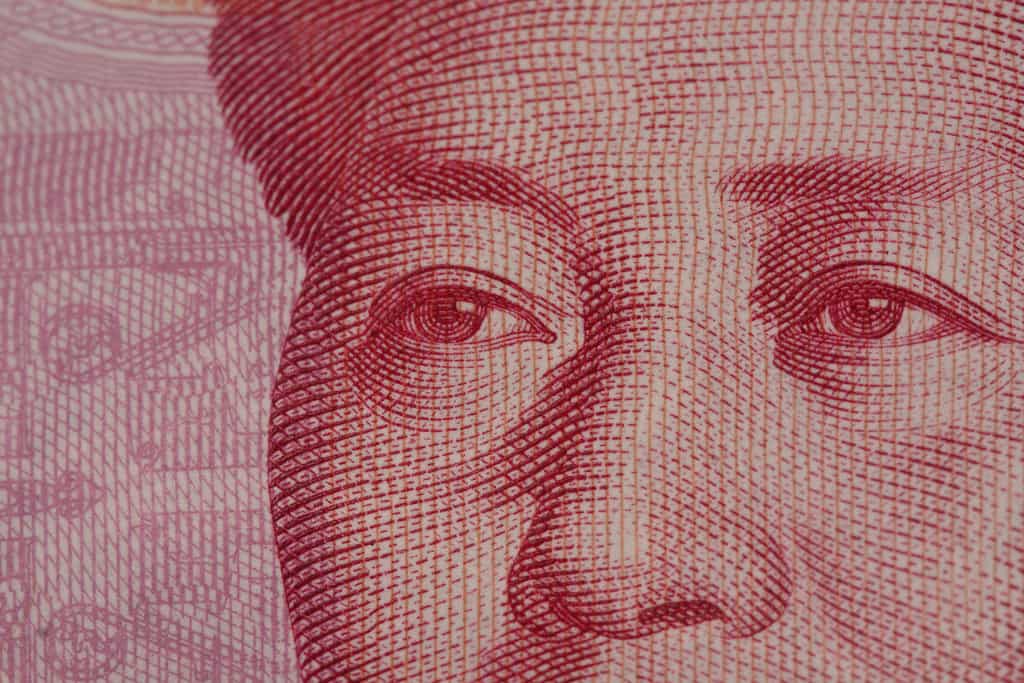A senior official from the Chinese central bank has called for greater prioritisation of efforts to internationalise the usage of the renminbi, as well as further liberalisation of China’s capital account.
Sheng Songcheng (盛松成), head of the People’s Bank of China (PBOC) Survey and Statistics Department, said that “steadily driving renminbi internationalisation should become a key national strategy for China.”
Sheng made the remarks during the keynote speech delivered at a Bank of Communications forum held on 20 April.
The PBOC official said that while China has already emerged as the world’s second largest economy and its largest trading nation, the status of the renminbi does not currently match China’s international economic standing.
In February of this year the renminbi accounted for only 2.20% of global settlements made via SWIFT, while the US dollar took a 38.43% share. The renminbi also accounts for a mere 2.25% of global forex reserves, as compared to a a 59.02% share for the US dollar.
Sheng also pointed out that bilateral liberalisation of China’s capital account would be a critical step for renminbi internationalisation, and that the now is an opportune time for the Chinese government to advance this process.
Capital inflows into China are fast accelerating, with 2020 seeing a marked increase in the volume of renminbi bonds and Chinese stocks held by offshore institutions and individuals.
At the same time changes in both China’s domestic and overseas conditions entail greater emphasis on bilateral capital opening, with a view to raising the scale and quality of Chinese foreign direct investment, encouraging Chinese-invested enterprises to expand abroad, and driving investment in advanced technologies and resources.
Sheng also points out that the renminbi’s long-term appreciation trend will help to facilitate the internationalisation, with a rise of over 10% against the dollar in the eight month period from the end of May to the end of January.
In the medium to long-erm, Sheng Songcheng highlighted the following as key factors in relation to appreciation of the renminbi:
- A sizeable interest rate spread between China and other countries, and acceleration of capital inflows into China. The China-US interest rate spread has contracted from 2 percentage points last year to around 1.6 percentage points at present, but remains at a relatively high level.
- Current turmoil on international financial markets. China’s comparatively stable financial markets have made it a safe haven for international capital.
- The technological level and prices for Chinese commercial exports have continually risen in tandem with improvements to Chinese industry. Song sees this as driving an attendant rise in the value of the renminbi.
- A rise in the profit rates for commercial exports will also enable Chinese enterprises to better tolerate renminbi appreciation.
- During the process of China’s economic recovery and development, it will need to import resources and technology, and the appreciation of the renminbi will be of benefit to this process.
At 2021 Boai Forum held in Hainan, PBOC deputy governor Li Bo (李波) said that China had no ambitions to replace the greenback with the renminbi as the global reserve currency, while former PBOC chief Zhou Xiaochuan (周小川) said that digitisation of the renminbi would not enable it to assume the role of a globalised money.


